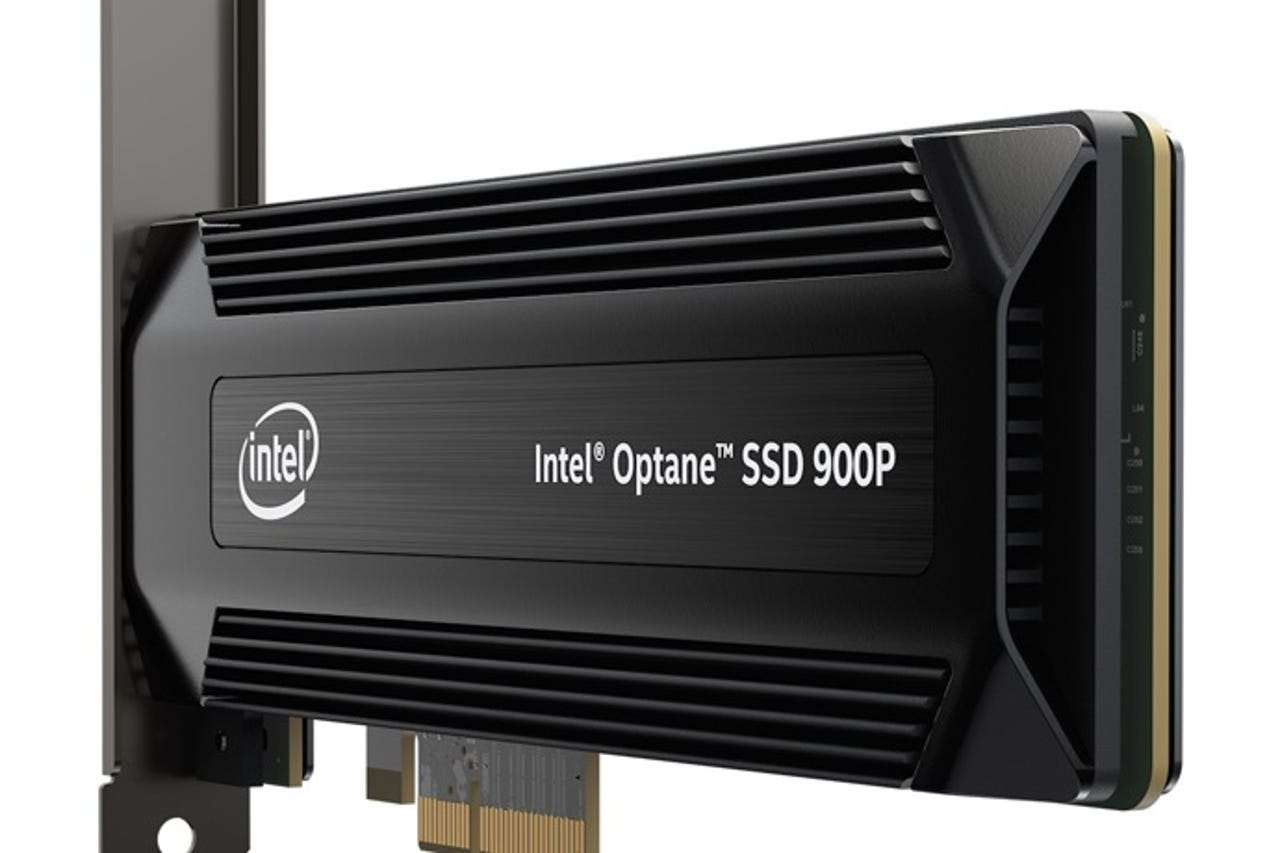Intel releases first Optane SSD for desktops, workstations


Intel Optane SSD 900P
Featured
Gamers and other PC enthusiasts have been drooling over Intel's Optane technology, which turbocharges solid-state storage so much that it can even be part of the memory pool with a computer's usual DRAM. Unfortunately, they've only been able to get their hands on Optane technology as a "system accelerator" that works with your existing hard drive, as Intel has focused on the data center market.
But that all changes with the release of the Optane SSD 900P series of drives that are designed specifically for desktop PCs and enterprise workstations. Available in either 280GB or 480GB capacities, the new SSDs will come in U.2 or HHHL (half-height half-length) expansion card form factors, though the U.2 drive apparently only ships at 280GB capacity.
With its 3D XPoint technology, Optane promises speeds that are seven times faster than those of competing NVMe SSDs. Intel promises sequential read speeds up to 2500MB/s and sequential writes of 2000MB/s, and reviews bear out that it can outperform rivals, often decisively. Knowing those speeds will appeal to PC gamers, Intel is offering the new drives with an exclusive ship for the game Star Citizen, whose CitizenCon event was the launch site for the Optane SSD 900P.
The new drives are not without their flaws. They come with a 5-year warranty whereas many other SSDs include warranties double that length. They also consume more power than their rivals. Not surprisingly, the 900P series is priced higher than competitors, though not astronomically so for big-budget enthusiast system builders: $389 for the 280GB drives and $599 for the 480GB version. Though Intel says the 900P family was available starting October 27, it hasn't shown up for sale online as of this writing -- Newegg.com, for instance, shows an ETA of October 30.